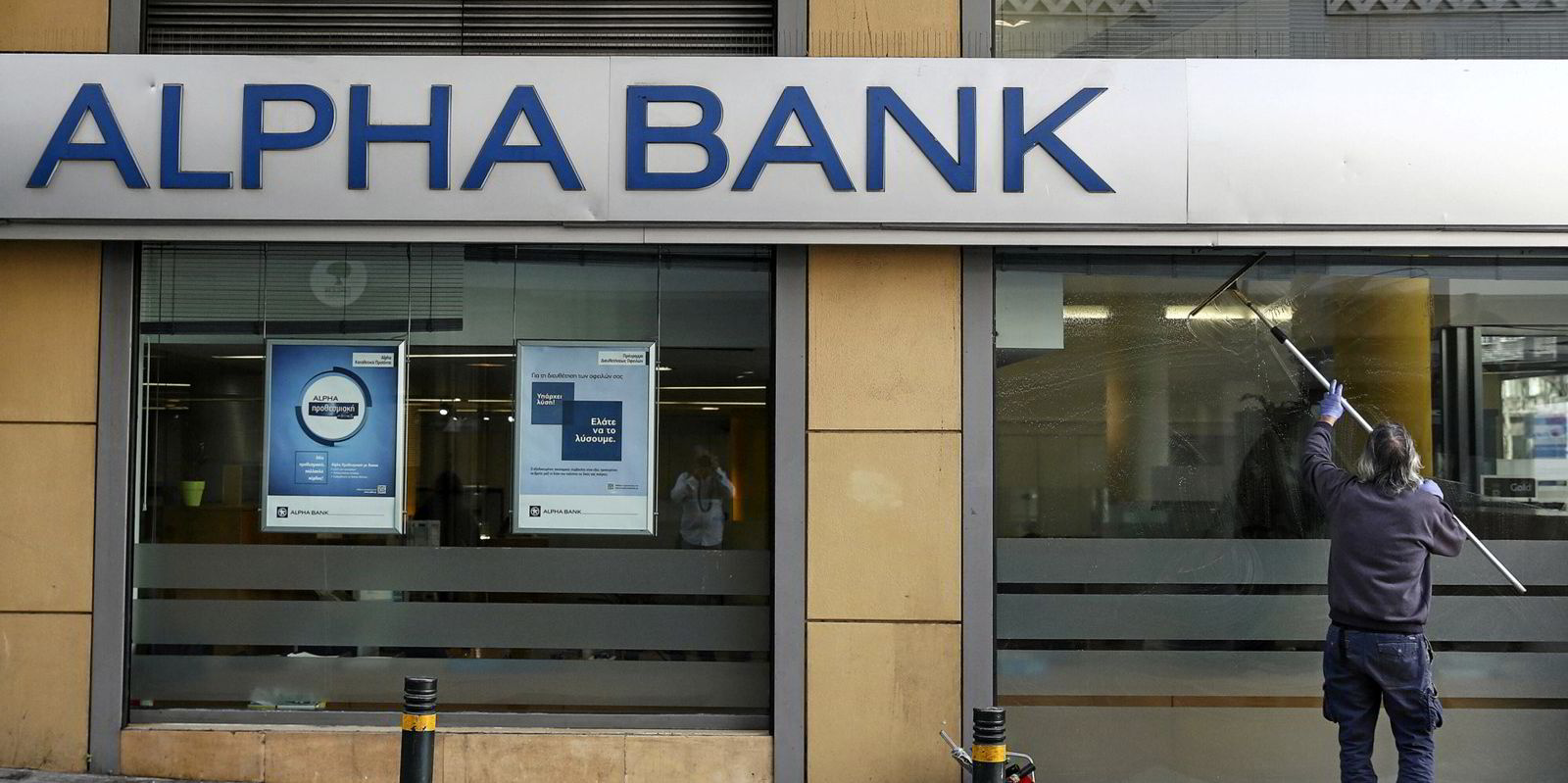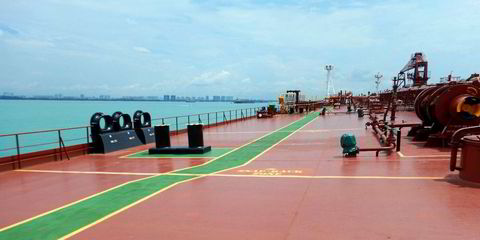Belgian tanker owner Euronav has won the final round in a legal battle over a $24.7m cargo misdelivery claim.
The shipping company said the UK’s Supreme Court has refused Italian lender UniCredit permission to appeal an earlier High Court ruling.
This was the final roll of the dice for the bank after it claimed damages for an alleged misdelivery of oil on Euronav’s 161,000-dwt suezmax Sienna (built 2007) in 2020.
Euronav said the claim is now over and concluded in full.
The Supreme Court bid followed a May appeals court judgment in the tanker owner’s favour that further muddied the legal waters over trade financing.
The ruling called into question whether UniCredit and other lenders will continue to finance cargo deals due to a perceived lack of legal protection.
The original court decision in April 2022 also went in favour of the Belgium owner.
A claim had been submitted in January 2021 by UniCredit relating to a fuel oil cargo.
The bank had financed the purchase by Gulf Petrochem of 80,000 tonnes of low sulphur fuel oil from BP.
BP had initially chartered the vessel from Euronav and was the shipper under the bill of lading.
The charter required Euronav to discharge the cargo without production of the BoL if requested by the charterer.
No contract of carriage
After Gulf Petrochem paid BP via a letter of credit issued by UniCredit, a novation agreement was entered into by BP, Euronav and Gulf Petrochem that made the Middle East company the vessel’s charterer.
Euronav then discharged the cargo without production of the BoL but the sums financed by UniCredit were not repaid by Gulf Petrochem.
UniCredit became the lawful holder of the BoL after the unloading.
The bank then filed a claim for breach of a contract of carriage because Euronav delivered the cargo without production of the bill.
The claim was rejected by the UK court, which ruled that the BoL did not contain any contract of carriage at the time of discharge.
The court found the document was a mere receipt since BP was also the voyage charterer at that time.
At the appeal hearing, UniCredit said it was considering exiting commodity trade finance if it lost.
“The first instance decision has sent something of a shockwave through trade finance banks,” John Russell KC, representing UniCredit, told the court, according to Global Trade Review.
“I know that my clients have, at high levels, considered whether they might leave the entire sector if the security they thought they had by holding bills of lading is potentially so illusory or at risk as the first instance judgement suggests,” he said.





